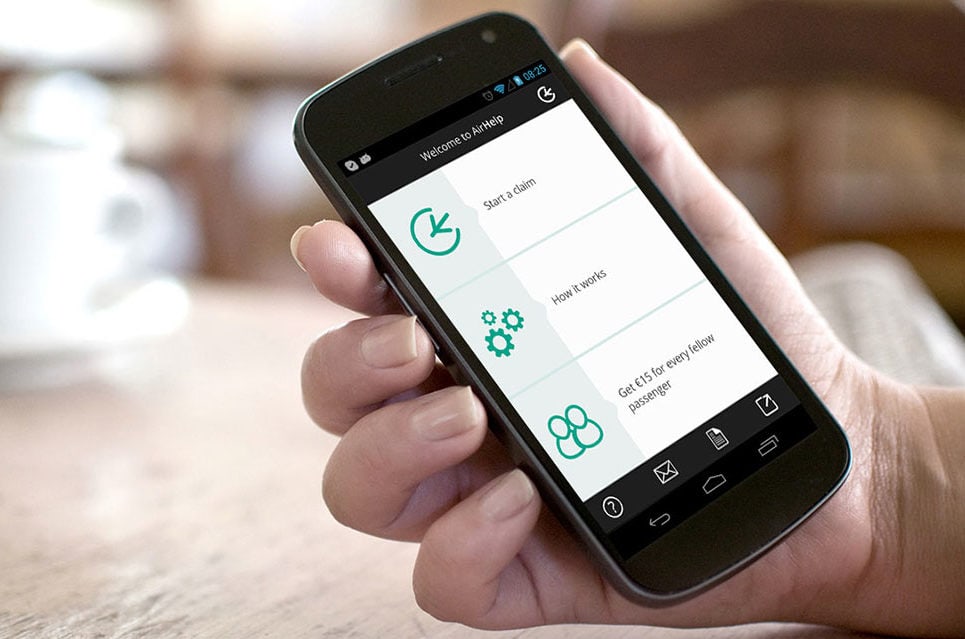Airline Passenger Complaints: The Rise of the Mediator
Share

APEX Insight: As the UK’s Civil Aviation Authority delegates conflict resolution responsibilities to third-party groups, meaning some passengers must pay to complain, companies like AirHelp recoup payouts on behalf of travelers who don’t have the time or the energy to wade through bureaucracy.
The Civil Aviation Authority (CAA), the aviation regulator for the United Kingdom, last week announced that it is shifting the handling of customer complaints related to airline travel experience to specialized conflict-resolution companies, called Alternative Dispute Resolution (ADR) bodies. So far, around 20 major airlines have signed up with CAA-approved ADRs to deal with passenger complaints involving flights to and from the UK.
The public-facing rationale of this move is to make customer feedback more manageable and efficient. In a press release, CAA Policy director Tim Johnson said, “Our research shows that forty-five percent of air passengers that complained to their airline, airport or holiday company after experiencing a travel problem were dissatisfied with the outcome and almost six in 10 were not satisfied with the redress provided … using an approved Alternative Dispute Resolution provider gives them a simple way to get a prompt, fair and binding decision on their dispute – meaning they don’t have to resort to court action.”
“Forty-five percent of air passengers that complained to their airline, airport or holiday company after experiencing a travel problem were dissatisfied with the outcome.” €” Tim Johnson, CAA
Pay to Complain
Two of the CAA-approved ADRs charge passengers a fee for each complaint. The Centre for Effective Dispute Resolution (CEDR), which charges $33 per unsuccessful complaint, represents airline clients including British Airways, easyJet, and Thomas Cook. A second CAA-approved ADR, Net Neutrals, charges $13 per unsuccessful complaint, but hasn’t yet signed up any major airlines.
An argument could be made (and is being made by consumer advocacy groups) that erecting a paywall around the customer satisfaction experience is simply a play to reduce the number of overall complaints. Interestingly, Ryanair, whose CEO Michael O’Leary once defended a notional charge for using the in-flight lavatory, uses an ADR that doesn’t charge passengers.
The Payback
Companies like AirHelp are offering to do the complaining on behalf of travelers. Founded in 2013, AirHelp aids passengers in getting compensation for flights that are disrupted due to delay, cancellation or overbooking, and will even go as far as litigation. The “justice as a service” company recoups payouts as large as ‚¬600 ($672) on behalf of passengers who don’t have time to wade through bureaucracy (or who just don’t want to deal with the hassle), and collects a 25 percent fee based on the amount of compensation won.
While passengers and airlines are increasingly able to settle disputes entirely through proxies, according to the US Department of Transportation’s August 2016 Air Travel Consumer Report, customer complaints are down compared to 2015. However, this statistic only reflects complaints lodged through official channels. The outsourcing of UK-relevant passenger complaints only takes paperwork out of the CAA’s inbox, and does not shield airlines from the airing of grievances on social media. In the court of public opinion, an airline is on its own, with no CAA or ADR to have its back when passengers are left disappointed – and on social media, complaints are free of charge.


